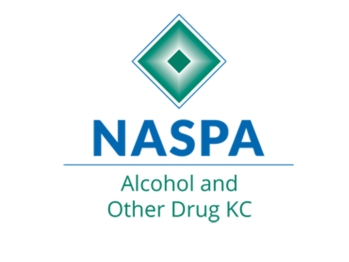
Alcohol and Other Drug
Health, Safety, and Well-being Alcohol and Other Drug
The Alcohol and Other Drug (AOD) Knowledge Community provides an institutionalized and ongoing structure within NASPA to discuss issues around alcohol and other drugs on campus. The AOD KC serves as a resource for both members of NASPA and other AOD groups that are addressing this ever-present issue in our respective college environments.
Welcome
Welcome to the Alcohol and Other Drug Knowledge Community. The AOD KC was created to share ideas/programs/results, debrief successful and problematic practices, and to bring together professionals at all levels to support each other as we all navigate the terrain of substance misuse on our campuses.
Are you passionate about evidence-based substance misuse prevention? Looking for a way to get involved at NASPA? Join the Alcohol and Other Drug Knowledge Community today. For more informaton how, please reach out to Rachel DuVall, Associate Director, Volunteer Engagement and Management at [email protected].